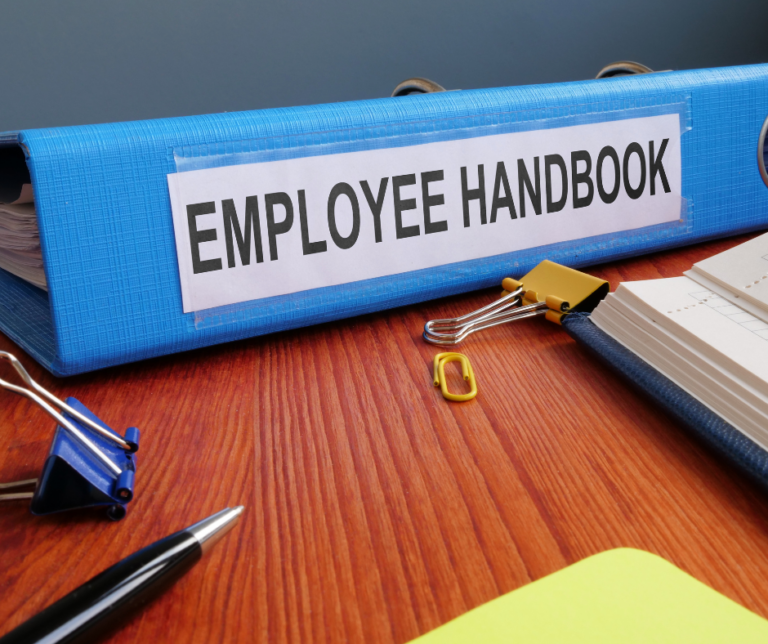
Perceptions of being “career ready” differ greatly between new college graduates and employers, according to research conducted by the National Association of Colleges and Employers (NACE). The research looked at eight career readiness competencies.
Career Readiness Competencies
- Career & Self-development
- Communication
- Critical Thinking
- Equity & Inclusion
- Leadership
- Professionalism
- Teamwork and Technology
Of the eight career readiness competencies, employers and students identified critical thinking, communication and teamwork to be the most important of the readiness competencies. One example of the mismatch between the perception of competencies was in the area of critical thinking. The research found nearly 80% of students rated themselves as very or extremely proficient in critical thinking. In comparison, only 56% of employers agreed. One area where students did exceed the expectations of employers was in the area of technology.
“The employer perception doesn’t align with how college students perceive their own proficiency in the eight career readiness competencies,” said Shawn VanDerziel, NACE executive director. “In nearly all of the competencies, college students believe they are more proficient – in some cases by a significant margin – than do their potential employers.”
VanDerziel shared students can demonstrate their proficiency in the career readiness competencies by taking part in internships, participating in activities that build competency skills, and seeking out experiences that demonstrate teamwork.
”Just saying you work well in a team isn’t enough,” he continued. “You need to be able to back that up with concrete examples.”
Employer responses came from the Job Outlook 2022 survey (Aug. 18, 2021 – Oct. 1, 2021). The responses included NACE employer members and non-NACE members. Student responses came from the 2021 Student Survey of more than 15,000 students at the bachelor’s level and above, including 2,339 graduating seniors.



